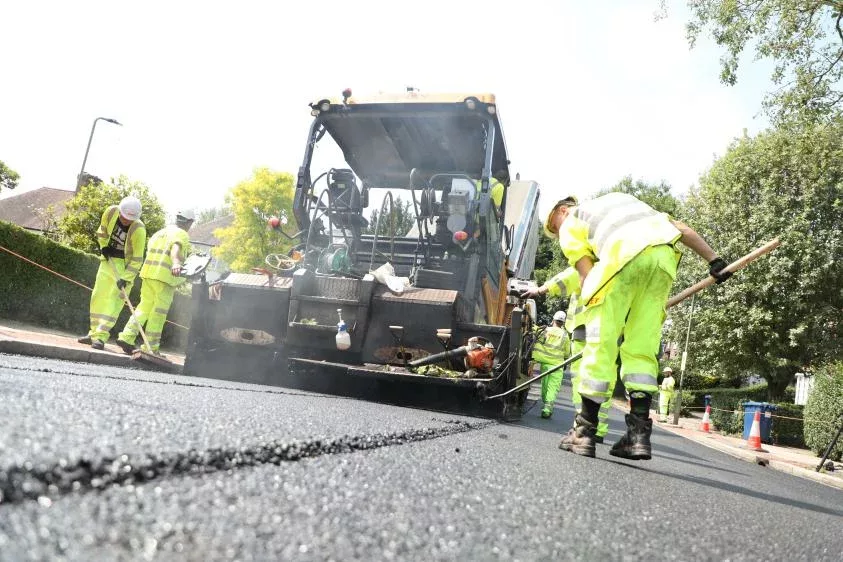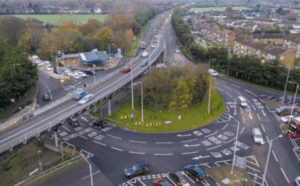Barnet Council’s Cabinet has approved a recommended balanced budget for the next financial year, as well as proposals which include a record additional £97m for road and pavement improvement works over the next five years.
In December, financial projections highlighted a £39m funding gap for 2024/25, driven by high inflation and increasing demand for statutory services the council is legally required to provide. Efficiency savings have been found to close the budget gap and ensure council tax increases are kept low.
The budget proposals approved by Cabinet provide the funds for everything, from the council’s free community skips service to council house building and enhanced street cleaning programmes, weekly bin collections and all essential services including those for children and older people.
Barnet Council Leader, Cllr Barry Rawlings, said: “I am very pleased to be able to say that our budget is balanced, this is despite many councils up and down the country struggling to do so this year.
“We have worked incredibly hard to find the savings needed to remain a financially stable council even though our funding has been cut by £100 million in real terms since 2010 and we face huge external financial pressures.
“We have earmarked much-needed funds to repair and maintain our roads and pavements, and to support our front-facing environmental services that residents expect.
“Barnet continues to have the lowest council tax compared to all our neighbouring boroughs. With this budget, we invest in the future, deliver on our commitments, and provide the services residents rely on.”
The budget’s additional spending recommendations are on top of the council’s statutory services.
The council’s five-year £97m funding for improving the borough’s roads and pavements, which will be funded by Community Infrastructure Levy contributions paid by developers in the borough, will be spread evenly between 2024-29. This is on top of the £8m announced in July 2023 for road maintenance including fixing potholes.
Extra funding has been found for essential services for older and vulnerable residents (£22m), to support children and young people (£7m), and for homeless families (£2m).
An additional £8.96m will be allocated to support the Disabled Facilities Grants Programme bringing the total spend to £15m in the coming years. A further £5m will be spent on telecare equipment for adult social care clients to continue to live independently at home.
























